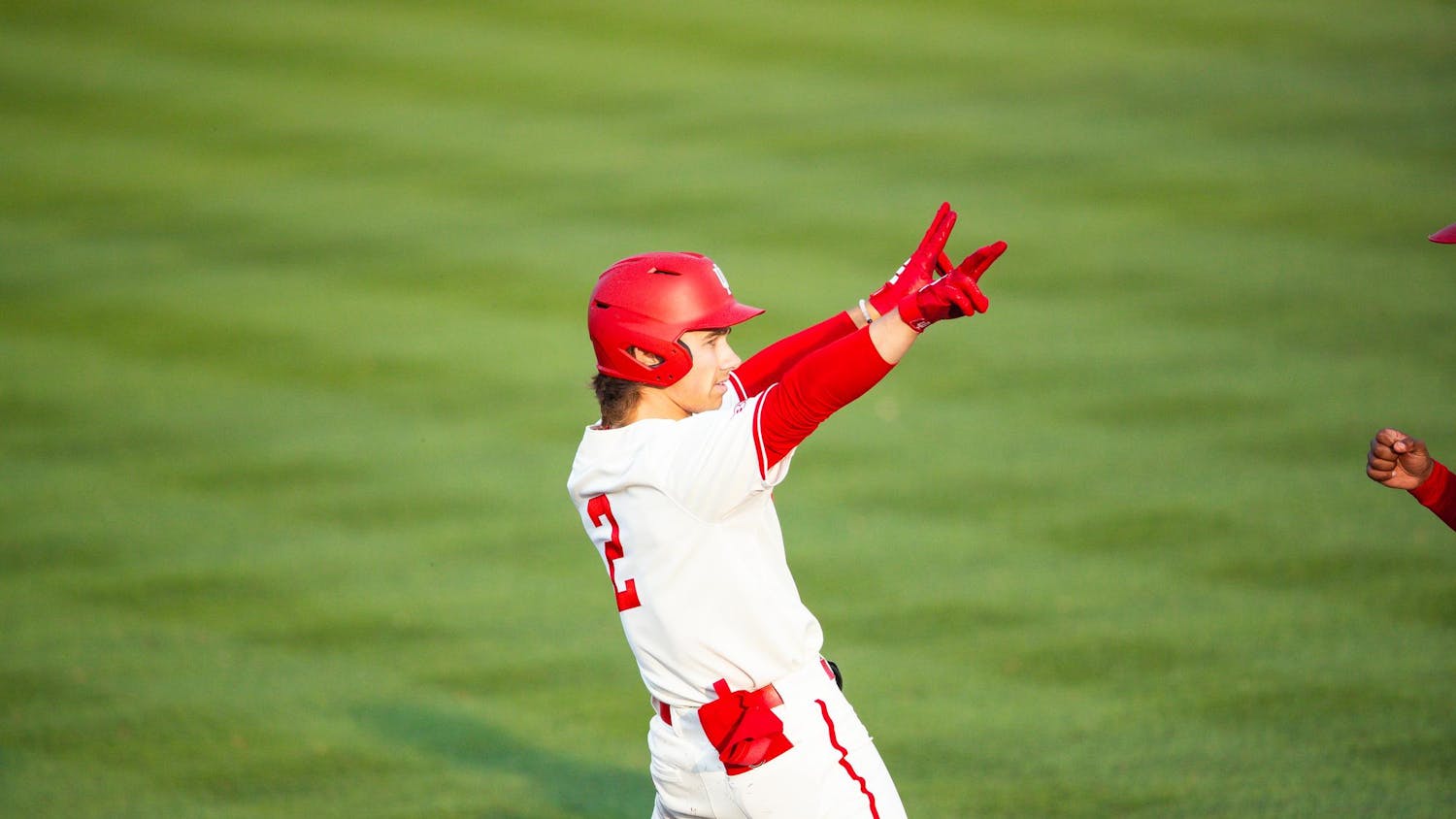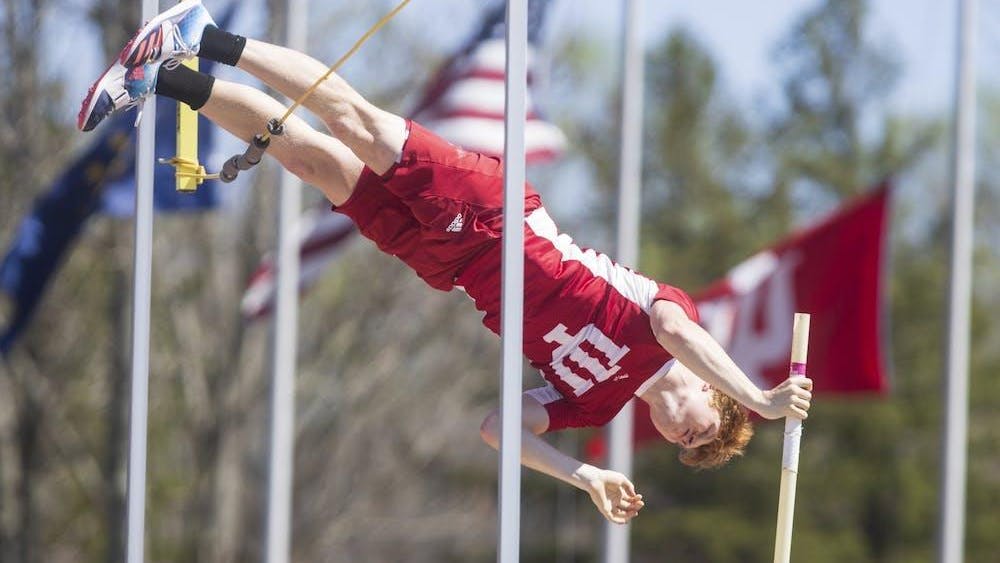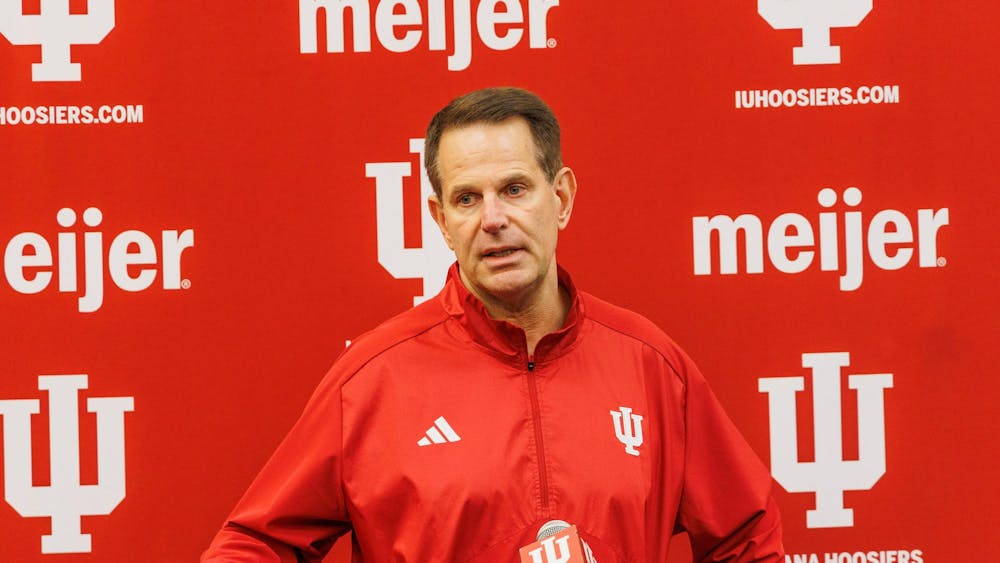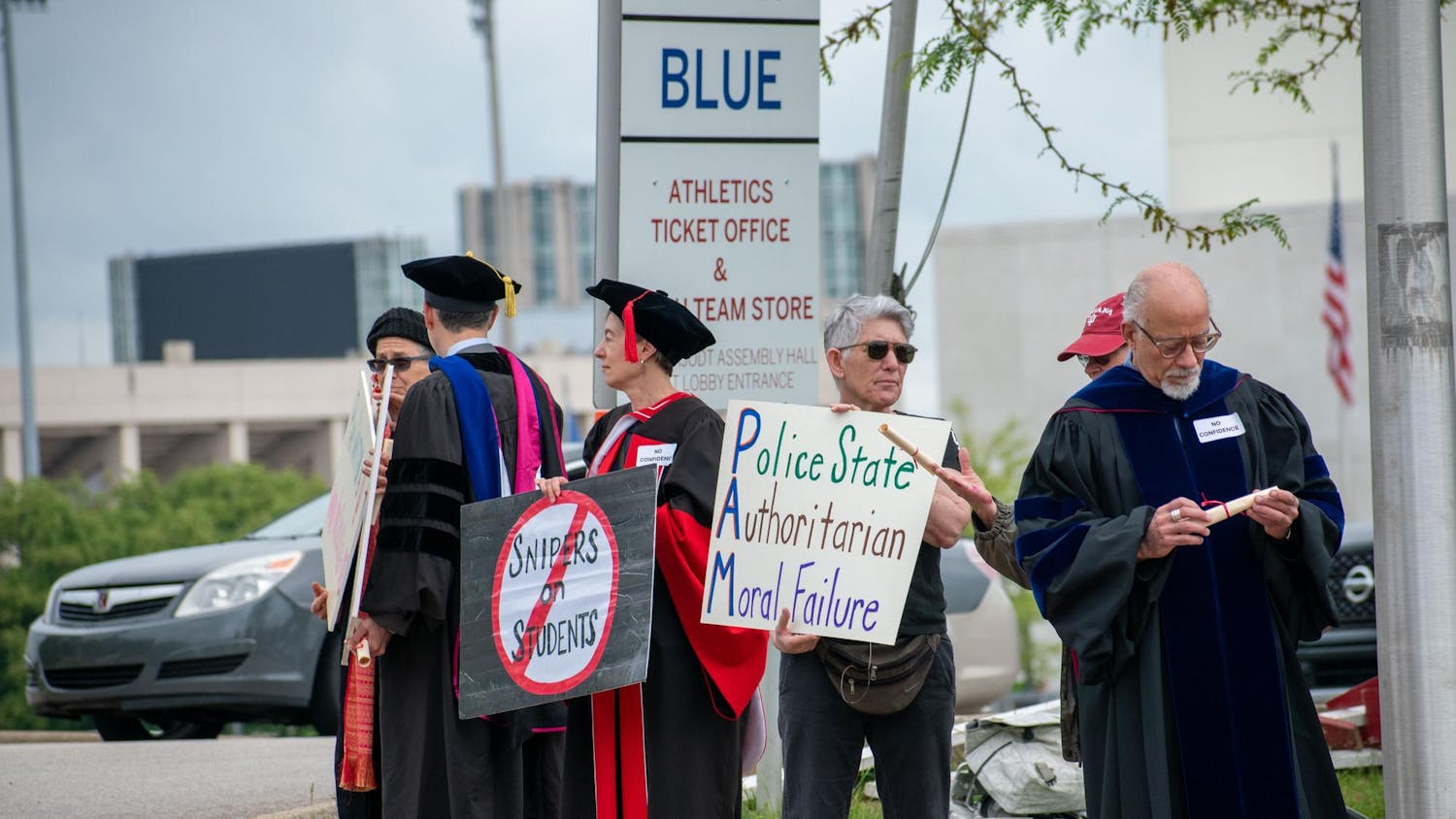IU announced last week that it would invest $300 million in the Grand Challenges research program. This program is a part of the Bicentennial Strategic Plan for IU and will provide funding for three to five research initiatives throughout the next five years.
The program will fund large research projects, called Grand Challenges, throughout the next five years in an attempt to address large-scale problems that can be solved only by multidisciplinary teams of researchers.
IU-Bloomington Provost Lauren Robel said this program is intended to ask the biggest questions with the highest effects.
These Grand Challenges will be exciting, effective programs that will make a real difference in the success of humans, Robel said.
Along with improving the quality of life for the people in Indiana and the world, the Grand Challenge program aims to enhance quality of research at IU, in addition to providing investment in the research infrastructure of IU and improving IU’s ability to compete successfully for external research support.
The program’s goals also include facilitating collaboration.
This is in pursuit of common goals and creating valuable intellectual property, in addition to making it available to the general public, according to the Grand Challenges website.
Leading the program is IU’s Office of the Vice President of Research, the head of which is Fred Cate, vice president of research. Among those heading the project is Rick Van Kooten, IU-Bloomington vice provost of research.
Van Kooten said these initiatives will ask big questions that will bring faculty from across the Bloomington campus and other IU campuses together.
“We do a lot of multidisciplinary work, but this is a way to sort of have a big question pulling everything together,” Van Kooten said. “Everybody working toward one direction.”
With IUPUI and the IU School of Medicine also working with the program, Van Kooten said faculty is encouraged to work on programs from other campuses.
“We encourage people from campus to work with IUPUI, the regionals or the medical school,” Van Kooten said. “In fact, a lot of them will very naturally have those kinds of collaborations.”
Van Kooten also said although IUPUI and the School of Medicine have announced their overarching themes, IU-Bloomington has not.
“The reason for that is that this campus has a lot more diversity in the types of research it does,” Van Kooten said. “In our case, there is such a large and good diversity across all the research fields.”
Although the preliminary proposal deadline is not until November and the research teams will not be notified until January, multiple teams already submitted proposals.
“What we’ve done is met with almost all of those groups over the summer and talked about the Grand Challenge ideas and brainstormed about making further connections and let them know what we had to offer them in terms of help,” Van Kooten said.
These programs will offer more opportunities for faculty to research.
“What it will bring to the campus is more research-active faculty lines,” Van Kooten said. “That in itself will boost the research, in addition to the fact that people are working on these big questions.”
In addition to more research opportunities for faculty, the Grand Challenge initiatives will also add more opportunities for students to get involved in the research.
Graduate students will have more opportunities to work with faculty on their research, and although undergraduate student involvement has not been fully discussed, it will develop naturally, Van Kooten said.
“These areas can be especially rewarding to students when they can see their research actually being used for the good of the people of Indiana,” Van Kooten said.
It is important for faculty and interested students to remain engaged in the process of developing these Grand Challenges, Van Kooten said.
Another important aspect of the program is the hiring of more faculty to complete the research.
“The very fact that they’ll be all these faculty lines involved means you’re hiring people with an interest in that Grand Challenge, and so it’ll be a very natural extension,” Van Kooten said. “We’ll hire very good people, excellent people coming in, and that’s what faculty do is continue that research.”





